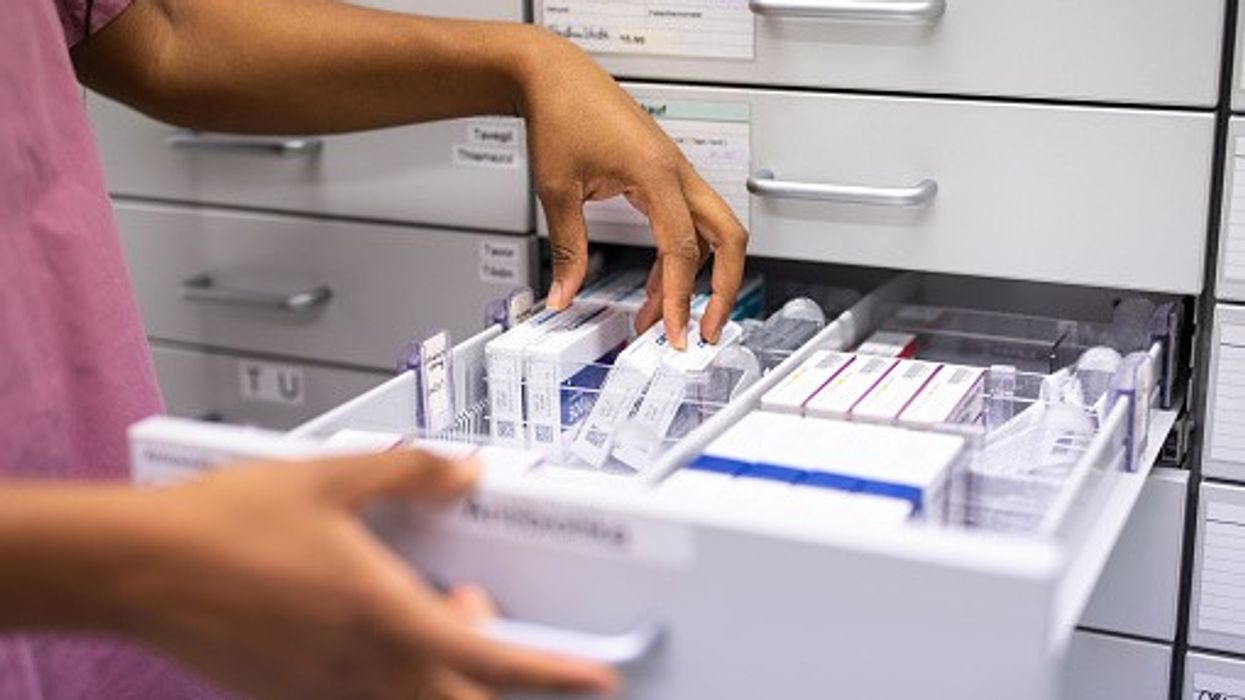Community Pharmacy England has advised pharmacists to use professional judgment when considering original pack dispensing as it may not be suitable for all cases
Pharmacies in England will soon be allowed to dispense up to 10 per cent more or less than the quantity prescribed for NHS prescriptions, thanks to the introduction of new original pack dispensing (OPD) rules.
These changes are part of regulatory amendments laid on Tuesday, 3 September, and will come into effect over the coming months.
The amendments are being made to the National Health Service (Pharmaceutical and Local Pharmaceutical Services) Regulations 2024 (PLPS).
Starting 1 January 2025, pharmacies will have the option to adjust the prescribed quantity by up to 10 per cent for NHS prescriptions so medicines can be supplied in their original manufacturer’s pack.
Earlier in October 2023, changes to the Human Medicines Regulations (HMRs) permitted pharmacies to dispense up to 10 per cent more or less than the prescribed quantity for private prescriptions of Prescription Only Medicines (POMs).
The new rules will require the supervising pharmacist to consider OPD dispensing where appropriate, ensuring that other prescription requirements are fulfilled.
Community Pharmacy England(CPE) has advised pharmacists to exercise professional judgment to assess the suitability of applying original pack dispensing, noting that “it is not expected to be appropriate in all cases.”
“For example, if a patient is prescribed antibiotics or steroids and the supervising pharmacist considers that the patient should be supplied with the exact quantity prescribed to be able to follow the medication regimen, OPD +/- 10% dispensing should not be used,” it said.
The CPE added that while the PLPS amendments will require the supervising pharmacist to consider OPD +/- 10 per cent dispensing from 1 January 2025, they don’t require its use.
“For example, IT system suppliers may not introduce the necessary changes to the pharmacy IT system until after 1 January 2025, or there may not be the appropriate stock in the pharmacy,” it stated.
Reimbursement for original pack dispensing will only apply to EPS prescriptions, while FP10 paper prescriptions will follow current reimbursement arrangements, the CPE stated.
Additionally, the PLPS amendments include central procurement of certain vaccinations for community pharmacies and changes to the market entry application process, both of which will take effect on 1 October 2024.
From next month, Pertussis vaccines will be supplied to community pharmacies from national stock without the need for the pharmacy to purchase them.
This central supply model was previously introduced for Covid-19 vaccines and antivirals, and earlier this summer, MMR and RSV vaccines were also added under The National Health Service (Pharmaceutical and Local Pharmaceutical Services) (Amendment) Regulations 2024.
Starting 1 October, the fitness information application process for establishing new NHS pharmacies will no longer require references from nominated referees.













